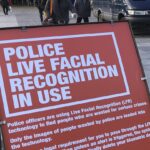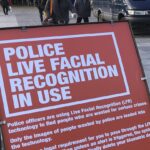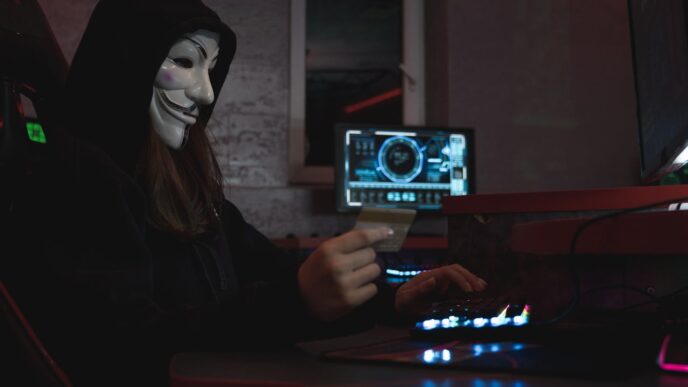


The UK’s largest police force has announced a new milestone of more than 1,000 wanted criminals arrested thanks to live facial recognition (LTR) since the start of 2024.
The London Metropolitan Police Service said on Friday that 773 individuals have been charged or cautioned. These offenders may have otherwise remained at large, posing a threat to the public, the force said in a release.
“[LTR] is not only saving our officers’ valuable time but delivering faster, more accurate results to catch criminals – helping us be more efficient than ever before,” says Lindsey Chiswick, Met Police director of performance and national lead for Gesichtserkennungen.
The arrests included more than 100 individuals suspected of serious violence against women and girls. Since the start of 2024, 93 registered sex offenders have been identified by the technology.
The police service published several case studies, including 73-year-old David Cheneler, a registered sex offender who was found to be with a six-year-old girl in breach of a court order.
Live facial recognition also helped officers catch offenders breaking their conditions, which otherwise may have gone unnoticed. In London, a breach of conditions has been identified 21 percent of the time, according to the police.
However, critics of the technology, such as privacy campaign group Big Brother Watch, say that arrests made with the technology represent just 0.15 percent of all London arrests during that time.
“Criminals should be brought to justice, but papering over the cracks of broken policing with Orwellian tech is not the solution,” says Madeleine Stone, senior advocacy officer at Big Brother Watch.
The organization also highlights that facial recognition remains dangerously unregulated in the UK.
The country does not have a single law governing the technology, instead relying on a patchwork of different legislation. Despite this, the country has seen a sharp increase in live and retrospective facial recognition deployments both by law enforcement and the private sector.
Earlier this week, the UK government announced it was considering introducing new legislation to back the use of facial recognition by police. The Biometrics Institute called for unified regulation for the UK’s use of facial recognition in public spaces earlier this year and the Ada Lovelace Institute called for a dedicated regulator for biometrics use in the UK in May.
Meanwhile, UK police forces continue to deploy the technology without a unified rulebook.
On Thursday, Northamptonshire Police announced a LTR-powered, four-day policing operation for the 2025 Formula 1 Qatar Airways British Grand Prix in Silverstone. More than 480,000 people are expected to attend the race this year.
Police have been deploying the technology at the sporting event for the past two years, scanning the faces of crowds and matching their biometrics against a predetermined watchlist. The list includes suspects wanted for offences and those with an outstanding warrant for arrest. Images and biometric data of people who do not trigger the system’s alert are automatically deleted.
© 2025. Alle Rechte vorbehalten.












